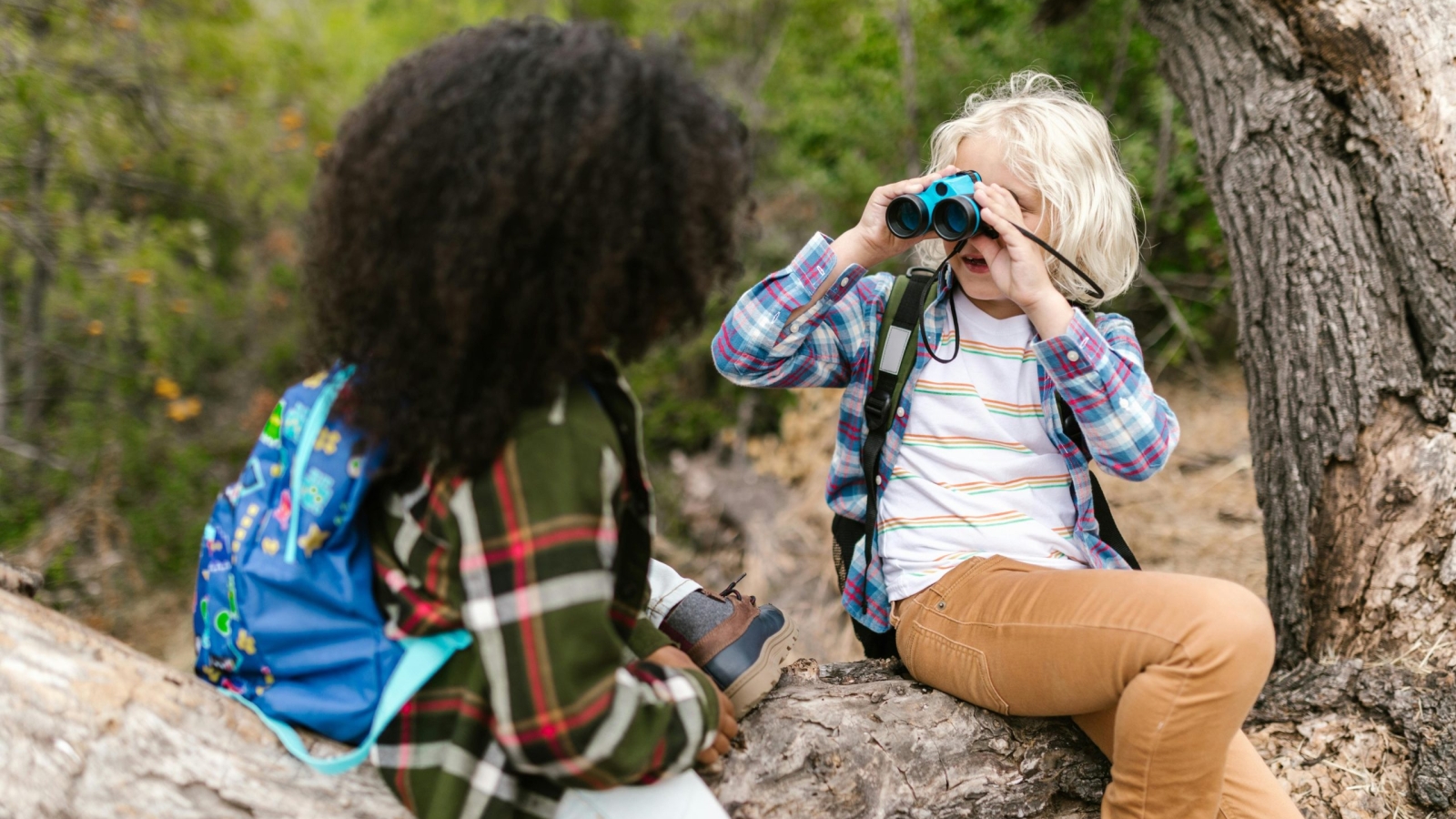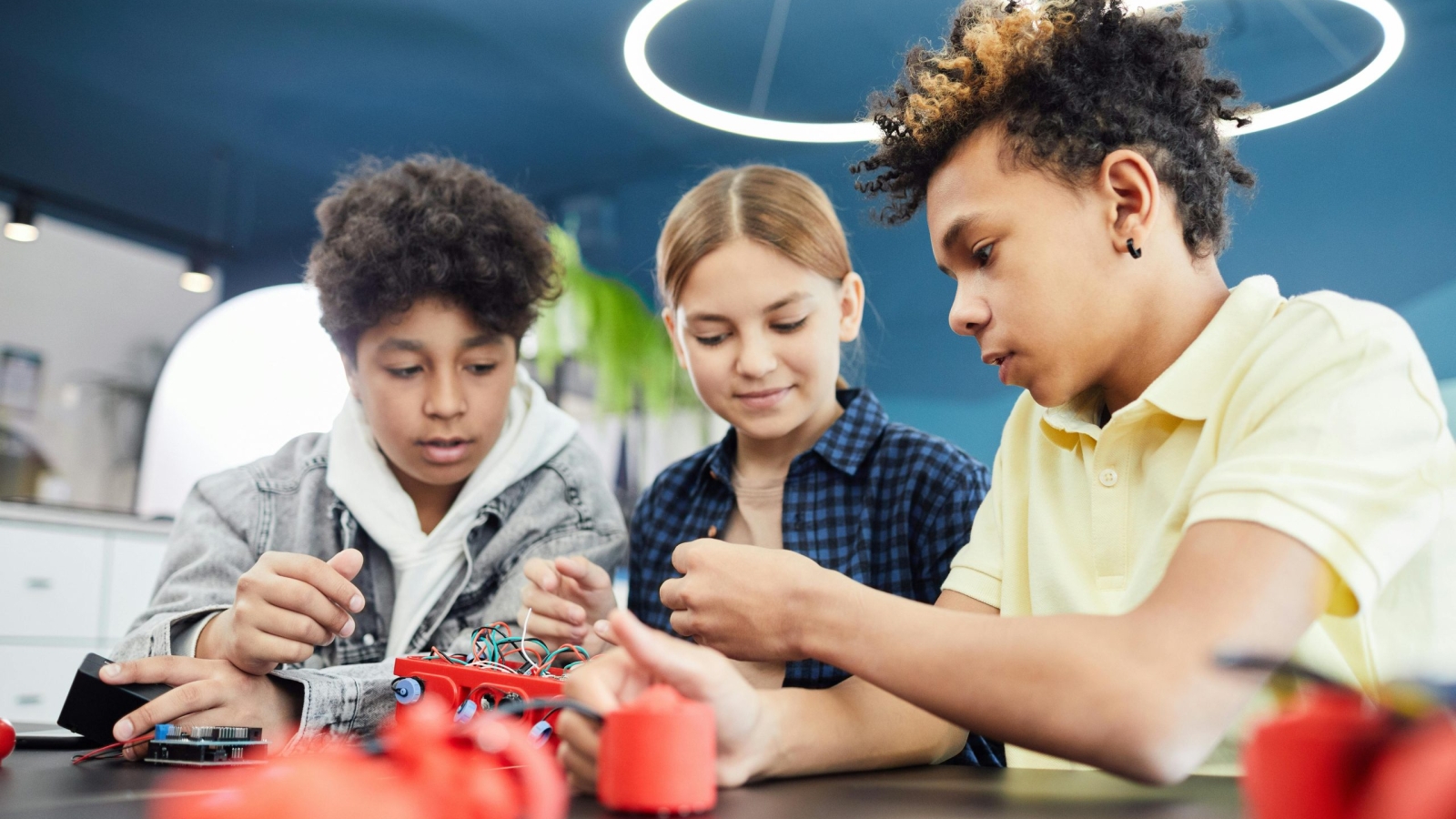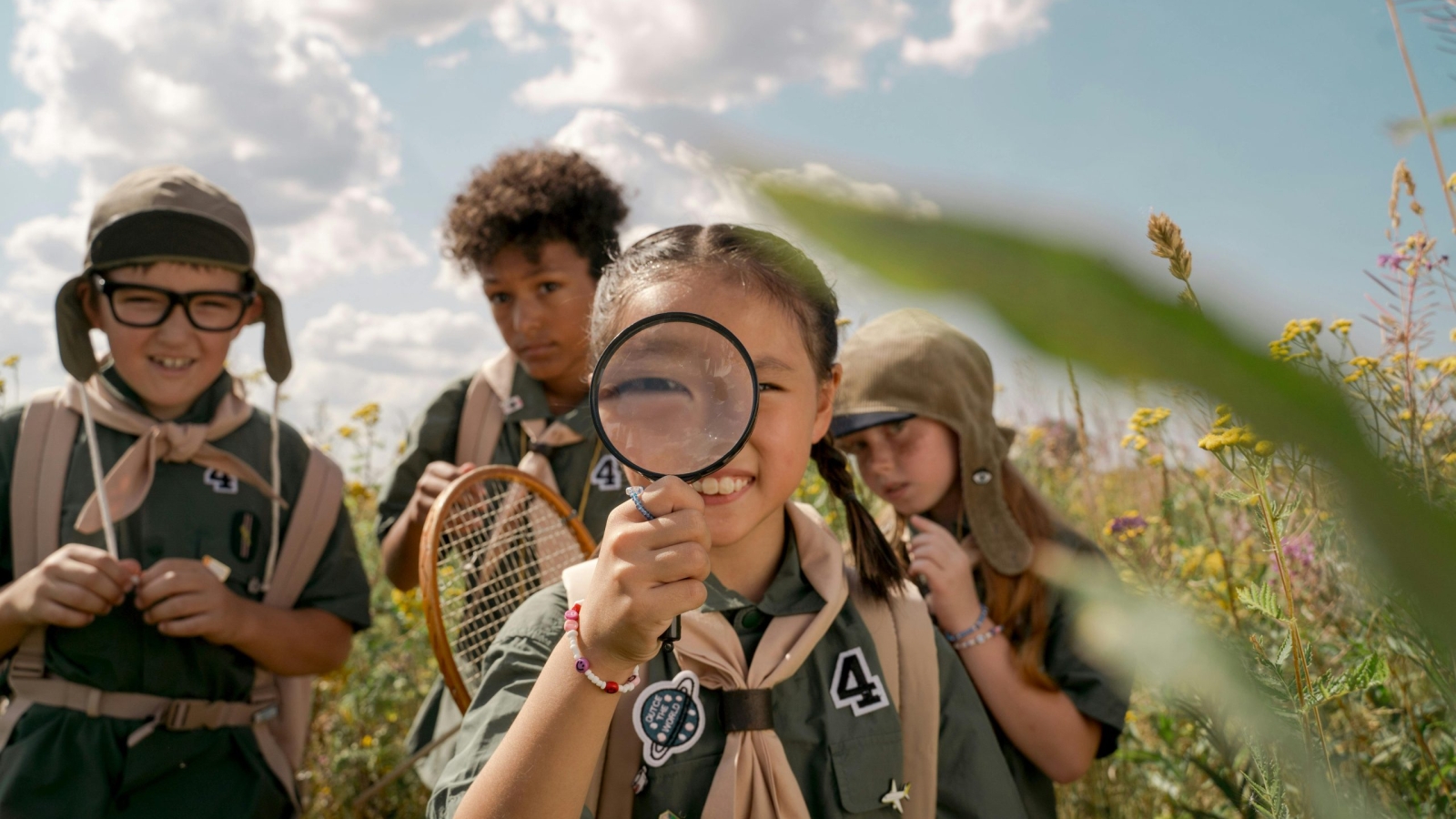📚 Beyond the Blackboard: Why Nature is the Most Underrated Classroom in South Africa
Picture this: a group of learners crouched beside a freshwater stream, identifying insect larvae. One shouts, “This one’s got gills!” Another is sketching. A third is asking about pollution levels. This isn’t a textbook exercise. This is real learning, outdoors, in action.
Welcome to the world of Outdoor Environmental Education Africa (OEEA) — where the lessons are wild, the air is fresh, and the results speak for themselves.
🧠 The Science Says: Nature Supercharges Young Minds
Study after study proves it: kids learn better outside. Whether it’s improved focus, reduced stress, or enhanced teamwork, outdoor education is more than just a fun day out — it’s a powerful tool for deeper learning.
✔️ Improved Academic Retention – Learners are more likely to remember lessons they’ve experienced in a tangible way.
✔️ Boosted Mental Health – Exposure to nature has been shown to reduce anxiety and increase confidence.
✔️ Enhanced Social Skills – Group challenges build communication, empathy, and leadership.
✔️ Real-World Problem Solving – From building eco-shelters to measuring biodiversity, every activity has a purpose.
🌿 Curriculum Meets Campfire
Think school camp but with actual learning objectives baked in — minus the chalk and plus a whole lot of curiosity.
At OEEA, we align our programs with your grade’s focus areas to deliver experiential education that clicks.
From Foundation Phase to high school, we cover topics like:
- Biodiversity and ecosystems
- Climate change and conservation
- Water and waste management
- Sustainable living and environmental responsibility
And yes — there’s still time for marshmallows.
🛡️ Safety First, Always
Let’s be clear: our camps are wild in spirit, not in logistics.
We take every safety measure seriously — from trained facilitators to vetted venues, detailed itineraries, and constant supervision. We also handle all the admin. Yes, all of it. You’re welcome.
👩🏫 Teachers: This Is Your Moment to Shine
We know the school term is a whirlwind. That’s why OEEA is designed to make your life easier, not harder.
You’ll get:
- Pre-planning support
- Fully facilitated activities
- Accommodation and transport arranged
- Risk assessments done and dusted
All you need to do is show up with your learners and soak in the magic.
🎒 It’s More Than a Trip. It’s a Turning Point.
You might think you’re booking a school tour.
But what you’re really doing is shaping tomorrow’s environmental leaders — giving learners a chance to fall in love with the world around them and understand their place in it.
🌍 Ready to Reimagine Education?
Let’s turn your next field trip into a game-changer.
✨ Book your OEEA tour today and give your learners the kind of education that sticks — in their minds, hearts, and muddy boots.
📧 info@oeea.co.za
📞 066 019 5925
📱Follow our wild side on Facebook: https://www.facebook.com/OEATours
Outdoor Environmental Education Africa – Wildly educational. Wonderfully unforgettable.










